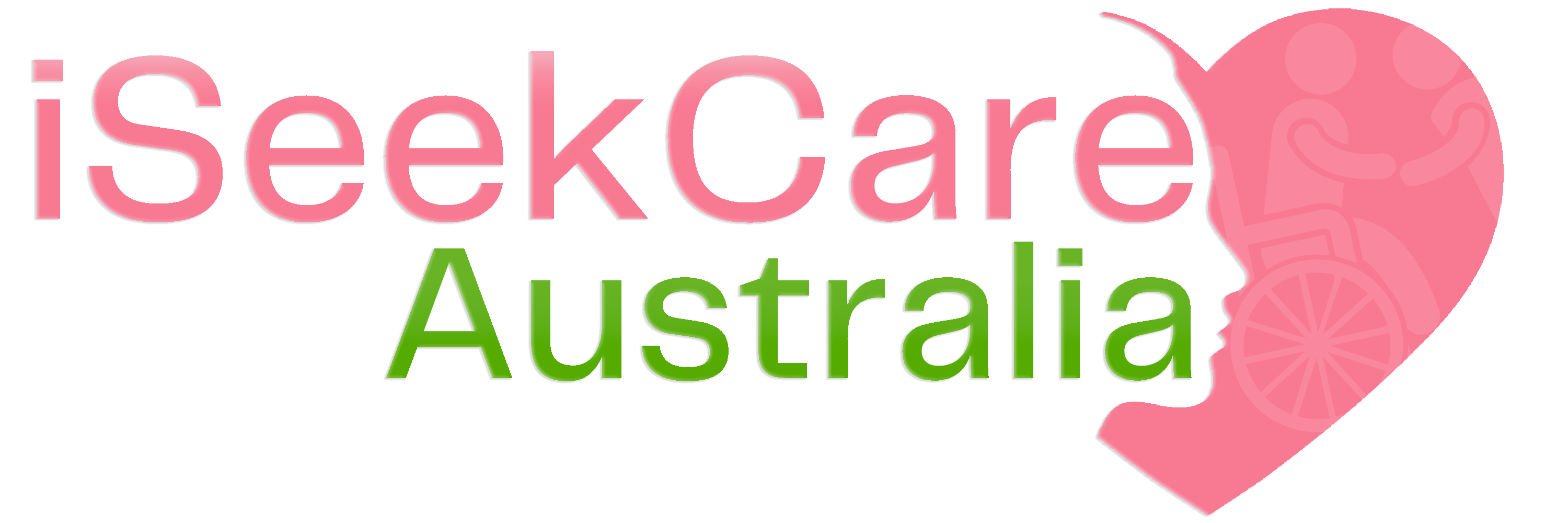Effective Communication in Disability Franchises: Tips to Equip Your Staff
When it comes to interacting with individuals with disabilities, proper communication is paramount. It is the backbone of a successful and positive experience for both the person with a disability and the staff member interacting with them. Unfortunately, misunderstandings and even discrimination can occur when communication is ineffective. That’s why disability franchises need to invest in training that promotes effective communication. In this blog post, we will share tips to equip your staff with the skills they need to confidently interact with individuals with disabilities.

1. Encourage Active Listening to equip staff
Active listening is the art of fully concentrating, understanding, and responding to the person speaking. It is a simple yet powerful skill that is especially helpful when interacting with someone with a disability. Encourage your team to give their full attention to the person speaking, acknowledge their words, and seek clarification if necessary. Demonstrating active listening shows respect, empathy, and can make a significant difference in how a person with a disability perceives their experience with your business.
2. Use Clear and Simple Language
If you want to communicate effectively with someone with a disability, you need to use clear and simple language. Avoid using jargon or complex phrases that might be unclear or confusing. Break down complex information into digestible pieces and ask the person if they understand or if they need further clarification. Remember, your goal is to convey a message in a way that the other person can understand and engage with.
3. Be Aware of Non-Verbal Communication to equip staff
Besides verbal communication, non-verbal cues such as tone of voice, facial expressions, and body language also play a crucial role in effective communication. For instance, the tone of your voice can communicate empathy, annoyance, or aggression. Encourage your staff to be mindful of their tone, facial expression, and body language when interacting with persons with disabilities. Additionally, ensure they are trained to interpret and respond to non-verbal cues exhibited by the person they are interacting with.
4. Customize Communication for Different Disabilities to equip staff
Individuals with disabilities have unique communication needs, and disabilities affect communication abilities differently. For instance, individuals with hearing impairments may require sign language interpretation or lip-reading, while individuals with visual impairments may require verbal descriptions or Braille texts. Ensure your staff is trained on how to communicate with different types of disabilities, including the use of assistive technologies to enhance and support communication.
5. Foster a Culture of Inclusivity
Creating a culture of inclusivity in your organization is essential in promoting effective communication. Encourage your staff to treat individuals with disabilities with respect, kindness, and empathy. Emphasize that everyone, regardless of their abilities, should feel welcome and valued in your business. In conclusion, how we communicate with individuals with disabilities is vital in creating equitable and inclusive experiences.
Conclusion:
In conclusion, setting up effective communication training programs for staff is essential for disability franchises. Effective communication helps create inclusivity, and your business can gain a competitive advantage by providing a positive experience for everyone, regardless of their abilities. Encourage active listening, use clear and simple language, be aware of non-verbal communication, customize communication for different disabilities, and foster a culture of inclusivity. By applying these tips, your staff will be equipped with the skills to confidently and effectively interact with individuals with disabilities.



